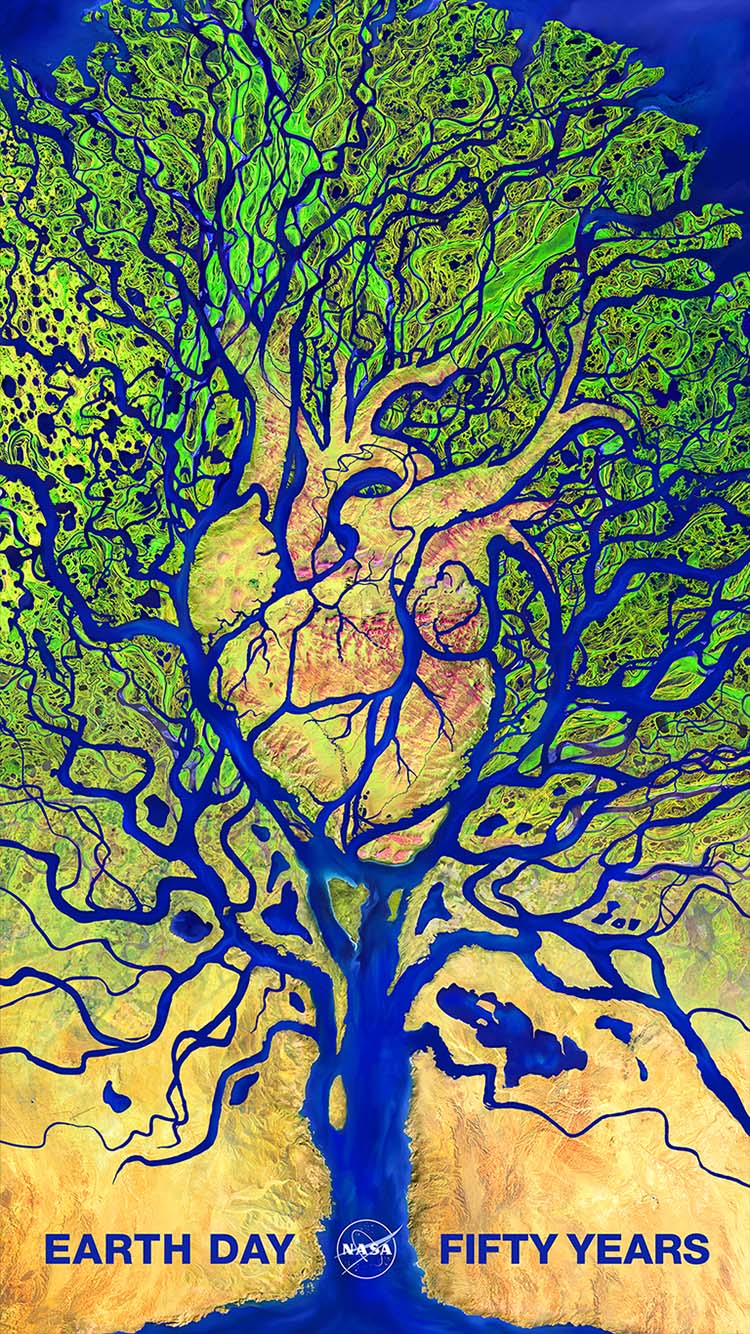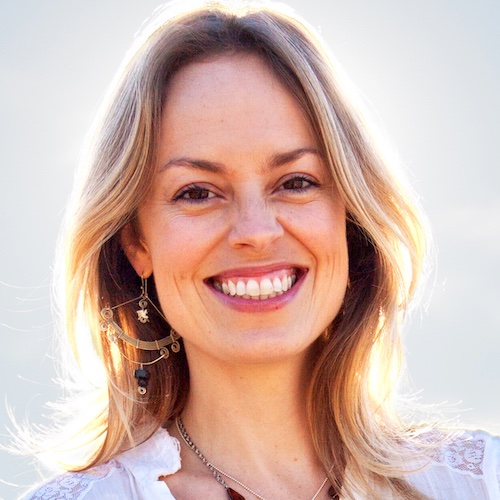Making the case for environmentally-informed occupational therapy
April 22, 2020
As Earth Day turns 50, Camille Dieterle looks at the future of occupational therapy's approaches to more sustainable living
Chan in the Media Faculty Lifestyle Redesign
By Mike McNulty
Today marks the 50th anniversary of the birth of the modern environmental movement. Earth Day was first commemorated on April 22, 1970, in a rare alignment of political will, media attention and student-led grassroots activism. What was originally envisioned as rallying for environmental protection and education became a collective turning point in America’s public consciousness.
Five decades after that watershed moment, USC Chan faculty member Camille Dieterle makes the case for occupational therapy’s own “consciousness raising” potential in her April 2020 article in the World Federation of Occupational Therapists Bulletin.
“I’m always looking for examples of interventions where we clinicians can bring in any sustainability knowledge or evidence into the occupational therapy experience in order to increase people’s health,” Dieterle says. “I think like an OT — analyzing occupations and activities — to find parts of people’s goals, routines or contexts that can be more environmentally sustainable, while also improving health.”
There is a mountain of research on the synergies between everyday choices and behaviors, individual health status, public health and ecological sustainability. Occupational therapists’ awareness of that relationship — and its implications for clinical practice and education — is what Dieterle calls “environmentally-informed occupational therapy.” She says it’s an approach to occupational therapy rooted in the evidence showing that what’s good for the environment is also good for human health and well-being.
“How can the things that you’re doing every day be even better for your personal health and well-being and that of the environment? The more I have learned about sustainability, the more I see its connection to health promotion.”
Building a better tomorrow
Dieterle has been working at the intersection of lifestyle-based health interventions and environmental sustainability for more than a decade, dating back to her own projects as a doctoral resident at the USC Occupational Therapy Faculty Practice. Since 2011, she has taught the undergraduate course OT 312 “Creating a Sustainable Lifestyle.”
In the not-too-distant past, the topic received puzzled looks and lots of questions. Today, Dieterle says it has become practically second nature to both students and clinicians alike, so much so that the entire April 2020 issue of the WFOT Bulletin focuses on sustainability topics.
“I think OTs are always concerned whenever patients have health issues, whether that’s people in urban settings with asthma trying to get more active transportation or outdoor leisure into their daily life, or people with chronic conditions interested in the health benefits of gardening and growing their own food,” she says. “Now, people understand that connection with occupational therapy.’”
What has also become increasingly evident, Dieterle says, is the impact that city living and separation from nature can have on mental health.
“What’s become clearer to me, more than ever before, is how much sustainability topics connect directly to mental health,” she says. “More and more people live in urban environments, and it’s become more and more challenging to maximize health and quality of life in urban areas. Our relationship to our environment, including our choices, our behaviors and the spaces where we live, are intrinsically related to our health and well-being.”
That message reflects the fundamental question posed by Earth Day for the past 50 years: can we raise our consciousness to imagine and enact, through actions grand and small, a better future for humans and for our environment?
There’s reason to hope the answer is “yes.”
Every semester, Dieterle takes her students to visit a small urban community garden located near the Shrine Auditorium, just a few blocks north of the University Park Campus. While the plot is inconspicuous and its square footage is small, the experience leaves a lasting impression. For many students, it’s their first time encountering living fruit and vegetable plants growing in actual soil.
“It’s really sweet to watch students get enchanted by ladybugs and bumblebees,” Dieterle says. “What’s more remarkable is how much their attitudes and perceptions change just in the span of 10 minutes of being in nature.”
⋯
Next by tag Chan in the Media ⟩ Faculty ⟩ Lifestyle Redesign ⟩







